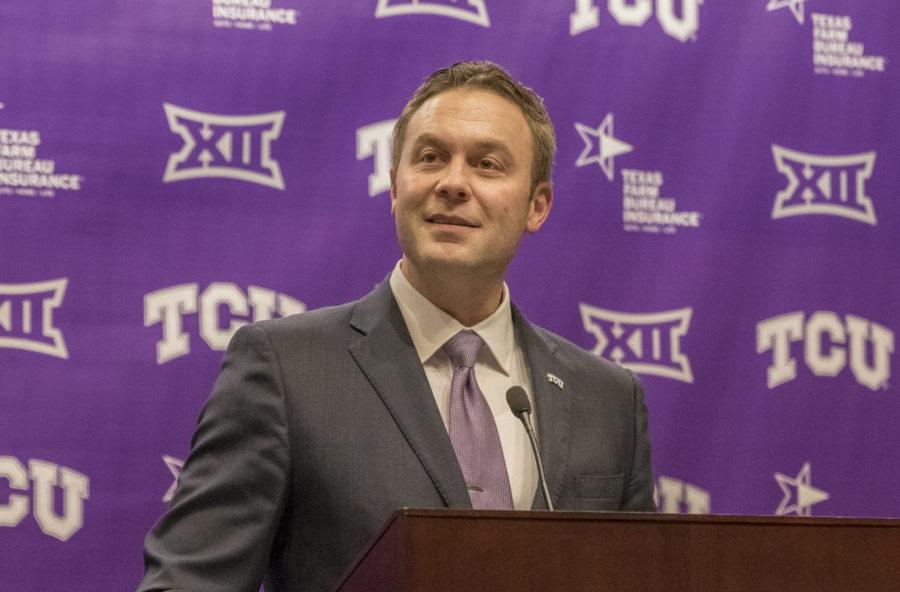Bob Schieffer and his famous purple socks will be front and center in the presidential election when the university alumnus and CBS' "Face The Nation" host moderates the third and final of three presidential debates Monday night in Boca Raton, Fla.
“The debate will be all about foreign policy,” said Schieffer. “Things I am sure will come up are our policy towards Iran, and what is going on across the Middle East and China.”
Another one of the main topics will be the United States' responsibility as a super power, Schieffer said.
The debate will be divided into six 15-minute categories, the same structure as the 2008 debate between President Barack Obama and Sen. John McCain, he said.
Schieffer said his favorite part of the debate is its structure, particularly the proximity of the candidates.
“We will all be seated at a table, and will be very close to where we can practically touch,” Schieffer said. “You really get a good sense of how each candidate reacts to each other.”
In previous debates Schieffer moderated, the structure was too formal, he said. That made it difficult to further examine the issues, he said.
Although Schieffer said he was a little nervous in 2004 when he moderated his first presidential debate, he said he now lives for these events.
“You're just the umpire," he said. "And these are the two guys playing in the World Series."
These presidential debates attract 50 to 60 million viewers, Schieffer said, and with the closeness of this year’s race, all presidential debates will be crucial.
Although there are no factual statistics demonstrating debates have a persuasive effect, the debates still influence voters, said Adam Schiffer, a political science professor.
“The debates convey an informational purpose that serve as a reminder to why one votes Democrat or Republican,” Schiffer said.
Hunter Hullett, a senior political science major, said it is important for college voters to watch the debate this year.
“More importantly than just paying attention to the debates, I think college students should watch it and make their own judgments about what they hear, rather than letting the media influence them,” Hullett said.




